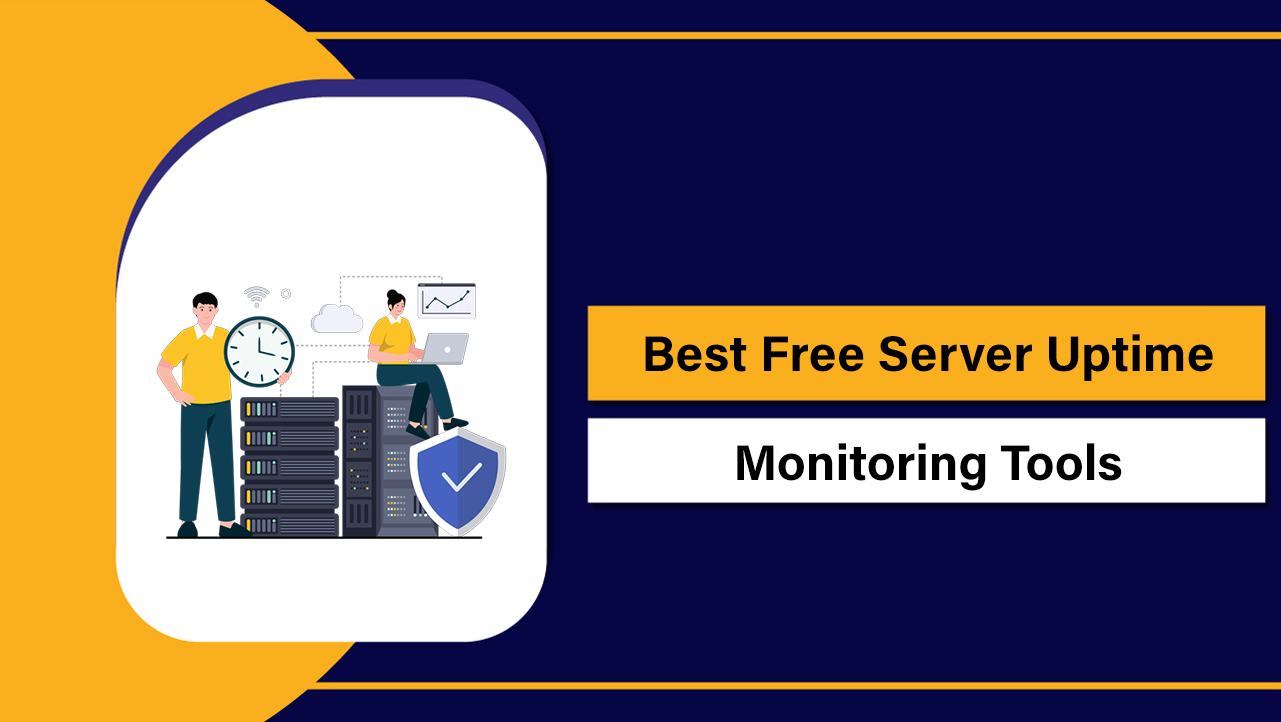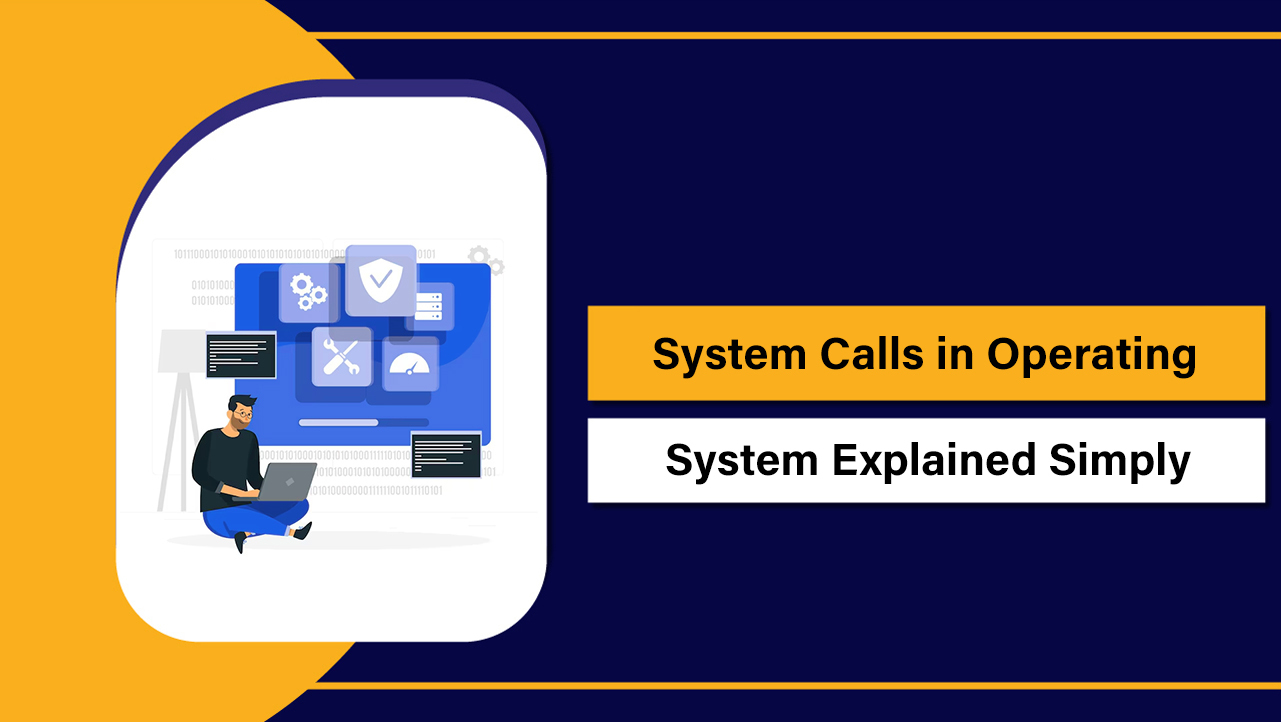Web hosting affects website speed by determining server response time (TTFB), throughput, and latency through hardware (CPU, NVMe SSD), software stack (web server, PHP), resource allocation, data center location/peering, and caching/CDN support. The right host reduces TTFB, handles traffic spikes, and improves Core Web Vitals—especially LCP—while poor hosting slows pages despite optimized code.
If you’re evaluating how web hosting affects website speed, start by understanding that hosting is the foundation of performance. Your theme, images, and plugins matter—but the server’s hardware, configuration, and network determine how quickly the first byte reaches the browser and how reliably your site stays fast under load.
Key Ways Web Hosting Impacts Speed
1. Server Hardware and Storage
Faster machines serve pages faster. Hosting providers that invest in modern CPUs, abundant RAM, and NVMe SSD storage deliver lower read/write latency and higher IOPS, directly reducing server processing time and TTFB.
- NVMe SSD vs SATA SSD/HDD: NVMe often delivers 3–10x higher throughput and drastically lower latency.
- CPU generation and clock: Newer CPUs (with higher single-core performance) speed up PHP and database queries.
- RAM capacity: Prevents swapping and supports caching layers (OPcache, Redis) for faster responses.
- I/O limits: Host-imposed I/O caps can throttle dynamic sites and background jobs.
2. Resource Allocation and Isolation
On shared hosting, neighbors can consume resources, causing slowdowns. VPS, cloud, and dedicated hosting offer more consistent CPU/RAM and better isolation, improving speed and stability during peaks.
- Shared hosting: Cost-efficient but prone to noisy-neighbor effects and lower PHP worker limits.
- VPS/Cloud: Guaranteed or burstable resources; tune OS, PHP-FPM, and database for optimal speed.
- Dedicated: Full control and consistent performance for heavy traffic or complex applications.
- Containerized/Managed stacks: Better isolation, automatic scaling options, and pre-optimized configurations.
3. Software Stack and Web Server
The application stack influences how efficiently requests are processed. Modern web servers and up-to-date runtimes significantly reduce processing time.
- Web server: LiteSpeed and NGINX often outperform vanilla Apache under concurrency; LiteSpeed Cache can accelerate WordPress dramatically.
- HTTP protocols: HTTP/2 multiplexing and HTTP/3 (QUIC) cut latency and speed up asset delivery.
- Compression: Brotli or GZIP compress assets; Brotli typically yields smaller files.
- PHP version and OPcache: Newer PHP versions and OPcache reduce compute time per request.
- TLS 1.3 and session resumption: Faster handshakes improve first-visit and repeat-visit speed.
4. Data Center Location and Network Peering
Physical distance adds latency. Strategic data center placement and strong network peering reduce round trips and accelerate content delivery to your audience.
- Server location: Host close to your primary audience for lower latency.
- Backbone and peering: Better-tier networks reduce hops and packet loss.
- Anycast DNS: Faster DNS resolution worldwide.
- Integrated CDN: Offloads static assets to edge locations for global speed.
5. Caching Layers (Page, Object, Edge)
Good hosting enables and supports caching at multiple layers. Page caching serves prebuilt HTML, object caching speeds database-heavy operations, and CDN edge caching shortens the distance to users.
- Page cache: Converts dynamic pages into static HTML for near-instant delivery.
- Object cache: Redis/Memcached store query results and transient data to reduce database calls.
- Opcode cache: OPcache keeps compiled PHP bytecode in memory.
- Edge cache/CDN: Caches assets (and sometimes HTML) close to visitors for rapid loads.
6. Database Engine and Tuning
Databases are often the bottleneck for dynamic CMS sites. Hosting that provides tuned MySQL/MariaDB with adequate buffers, query cache alternatives, and modern storage engines (InnoDB) prevents slow queries from dragging down TTFB.
- Allocated memory: Proper buffer pool size reduces disk I/O.
- Connection limits and PHP workers: Balanced to avoid queueing and timeouts.
- Monitoring and slow query logs: Identify problematic queries and plugins.
7. Limits, Policies, and Contention
Hosts enforce limits to protect platform stability. Understand these thresholds because they directly impact throughput and responsiveness under load.
- CPU seconds, I/O throughput, and memory caps throttle bursts.
- Entry processes/PHP workers limit concurrent requests.
- Inode quotas affect caching plugins and media-heavy sites.
- Backup frequency and malware scans can cause brief I/O spikes.
8. Reliability, Security, and Performance Stability
Uptime and security shape perceived speed. A stable, protected platform maintains consistent performance instead of oscillating between fast and sluggish.
- SLA and redundancy: High uptime with redundant power/network reduces incident-driven slowdowns.
- DDoS protection and WAF: Mitigate attacks that would otherwise saturate bandwidth or CPU.
- Isolation: Container or VM isolation prevents cross-tenant performance bleed.
Hosting and Core Web Vitals: The Direct Links
Core Web Vitals are user-centric metrics, and hosting influences them—especially on initial load and under concurrency.
- LCP (Largest Contentful Paint): Lower TTFB, HTTP/2/3, and CDN edge caching reduce LCP by speeding HTML and render-blocking resources.
- INP (Interaction to Next Paint): Efficient PHP, database, and CPU prevent server-side stalls that delay interactions on server-rendered routes.
- CLS (Cumulative Layout Shift): Indirectly affected—fast delivery of CSS/fonts reduces layout jumps due to late asset loading.
How to Choose a Fast Web Host (Practical Checklist)
- Infrastructure: NVMe SSD storage, latest-gen CPUs, ample RAM, and HTTP/3 support.
- Web server: LiteSpeed or NGINX with page caching; Redis/Memcached available.
- PHP and DB: Current PHP versions with OPcache, tuned MySQL/MariaDB.
- Network: Data centers near your audience, strong peering, Anycast DNS, CDN integration.
- Limits: Transparent CPU/I/O/PHP worker limits and simple upgrades.
- Security: Free TLS, WAF/DDoS protection, automated backups, malware scanning.
- Support: 24/7 expert support that understands WordPress, caching, and performance.
- Trial/Migration: Easy migration and a testing window to measure TTFB and load handling.
With YouStable, our NVMe-powered servers, LiteSpeed Enterprise stack, Redis support, and HTTP/3-ready network are engineered to minimize TTFB and boost Core Web Vitals. If you’re migrating from a slow host, we offer assisted transfers to validate improvements before committing.
How to Test Your Host’s Speed (Simple Steps)
- Measure TTFB from multiple regions using tools like WebPageTest or GTmetrix.
- Check protocol support: Ensure TLS 1.3, HTTP/2, and ideally HTTP/3 are enabled.
- Run a curl test to validate server response and TTFB from your terminal.
- Load test gently (small RPS) to observe response times under concurrency.
- Monitor PHP workers and database time using a profiler or plugin in staging.
# Quick TTFB check (macOS/Linux)
curl -o /dev/null -s -w "TTFB: %{time_starttransfer}s\nTotal: %{time_total}s\n" https://yourdomain.com
# Test HTTP/3 (if supported by your curl build)
curl --http3 -o /dev/null -s -w "TTFB: %{time_starttransfer}s\n" https://yourdomain.comCommon Myths About Hosting and Speed
- “A CDN fixes everything.” CDNs accelerate static assets and sometimes HTML, but slow origin servers still harm TTFB and LCP.
- “More bandwidth equals faster sites.” Bandwidth matters under heavy traffic, but latency, CPU, and I/O are bigger speed levers.
- “All SSD hosting is equal.” NVMe SSDs and controller quality significantly affect database-heavy workloads.
- “Caching makes hosting irrelevant.” Caching helps, but dynamic eCommerce carts, search, and checkouts still rely on fast origins.
Real World Scenarios
Example: WordPress Store Migration
A WooCommerce site on crowded shared hosting showed TTFB spikes over 1.2s during flash sales. After moving to an NVMe VPS with LiteSpeed, Redis object caching, and HTTP/3, median TTFB dropped to ~180ms, LCP improved by ~35%, and cart/checkout stability increased under peak load.
Example: Global Blog with US-Based Origin
Readers in Asia experienced 2–3s delays due to trans-Pacific latency. Enabling Anycast DNS and a CDN with edge caching cut first-byte time by 50–70% for overseas visitors without changing content or design.
Optimization Requests You Can Make to Your Host
- Enable/upgrade to LiteSpeed with LSCache (or NGINX microcaching) for WordPress.
- Turn on Redis/Memcached and configure object caching.
- Update to the latest stable PHP and activate OPcache/JIT where appropriate.
- Switch to Brotli compression and ensure HTTP/3 is active.
- Place you in the nearest data center or add a CDN for distant audiences.
- Tune PHP workers and database buffers based on your traffic profile.
Speed-Focused Hosting at YouStable (Soft Recommendation)
At YouStable, we combine NVMe storage, LiteSpeed Enterprise, PHP OPcache, Redis, HTTP/3, free SSL, and proactive security to cut TTFB and improve Core Web Vitals. Our engineers can assess your current stack, migrate your site safely, and benchmark improvements so you see measurable, real-world gains before scaling up.
FAQs
1. Does web hosting really affect website speed?
Yes, Hosting determines server response time, resource availability, and network latency. Modern hardware (NVMe), tuned software (LiteSpeed/NGINX, updated PHP), and nearby data centers can cut TTFB and improve LCP dramatically, especially for dynamic sites like WordPress and WooCommerce.
2. Which hosting type is fastest: shared, VPS, cloud, or dedicated?
Generally, VPS, cloud, and dedicated outperform shared hosting due to better isolation and resources. However, a well-optimized shared or managed WordPress plan with LiteSpeed and NVMe can beat a poorly configured VPS. The stack quality and tuning matter as much as the tier.
3. How does server location impact speed?
Distance adds latency. Hosting in a region close to your primary audience reduces round-trip time, improving TTFB and LCP. If you serve a global audience, pair a nearby origin with a CDN using edge caching and Anycast DNS to ensure consistently fast delivery worldwide.
4. Can switching hosts improve Core Web Vitals?
Often, yes. Moving to a host with NVMe storage, HTTP/3, LiteSpeed caching, and Redis can reduce TTFB and speed up render-critical assets. Many sites see immediate LCP improvements after migration, even before image or code optimizations.
5. What should I test before choosing a host?
Check TTFB from multiple regions, confirm HTTP/2/3 and TLS 1.3, ask about PHP worker limits and Redis availability, and verify NVMe storage. If possible, run a small load test on a staging copy to measure response times and error rates under concurrent users.



